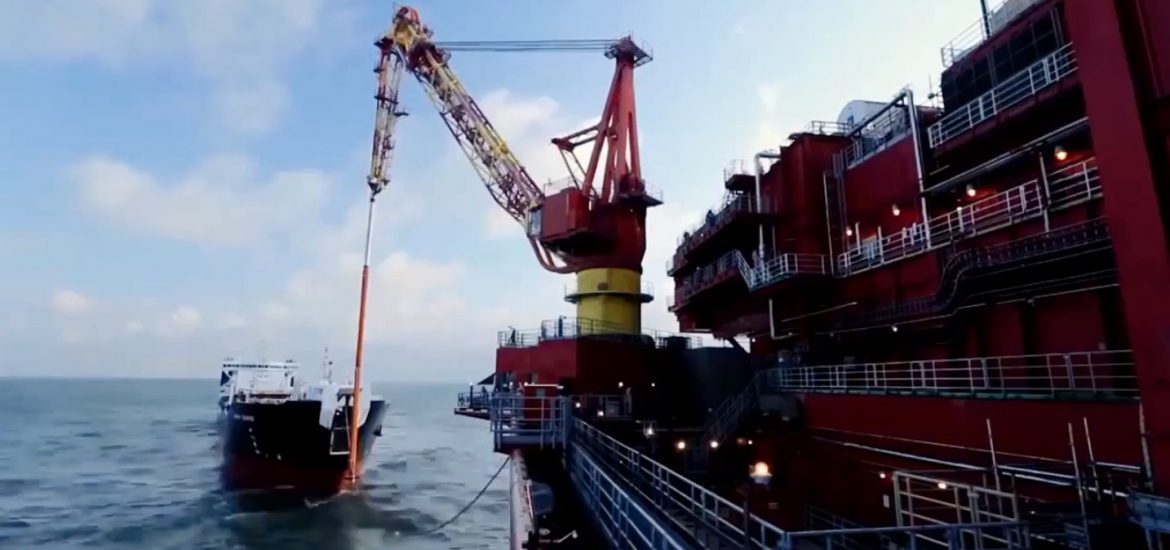
Polish Prime Minister Mateusz Morawiecki has praised European Union efforts to transform its energy sector but has warned that the Nord Stream 2 pipeline could undermine Central European energy security stability.
He told the European Parliament: “The European Union’s chosen road to a low-emissions economy, and maybe one day even a zero-emissions economy, is certainly the right road”.
The prime minister said Poland was willing and ready to engage in efforts to reform the energy sector but warned that the playing field was not flat because the member states had different starting points and called for help tackling specific challenges.
Poland was burdened by the Soviet occupation and the legacy of heavy industry and coal energy, Morawiecki said.
Since 1989 Poland had “undertaken huge efforts to reduce, in accordance with the Kyoto protocol, carbon-dioxide emissions by 30 per cent, despite promising to reduce by only up to 5 per cent”, he told MEPs.
Abandoning coal for natural gas was particularly challenging for Poland because supplies had to come from Russia, “so all efforts to increase our use of gas would have destabilised our security”, Morawiecki added.
The current gas pipeline through Ukraine provides the war-torn country with an annual income worth 2 per cent of its GDP.
Poland’s attempts to ditch coal for gas “can be rendered pointless by Nord Stream 2”, which would link Russia to Germany under the Baltic Sea, bypassing Poland, Ukraine and the Baltic States.
In late 2017, Denmark passed legislation that could block the project using its territory due to security concerns and the pipeline construction consortium is investigating an alternative route north of Denmark’s island of Bornholm, meaning it would run in international waters and avoid Danish territory.
The 1,200km, US$11.7 billion pipeline is due to be completed next year, following the route of the existing Nord Stream 1, doubling the annual capacity to 110 billion cubic metres.
Morawiecki said it was “not an economic project, but a political project”, reversing the phrase used to justify the project used by German Chancellor Angela Merkel.
Germany says it will fill a gap left by the phasing out its nuclear power stations, and the projected fall in supply from Norway and the Netherlands, as their reserves are depleted.
Morawiecki told the parliament: “The European Union does not need Nord Stream 2, which increases the risk of Central Europe being destabilised and which gives Russia very strong tools of influence, not only over the European economy but also on European policy.”
Nord Stream 2 is due to be completed next year. Picture credit: YouTube





